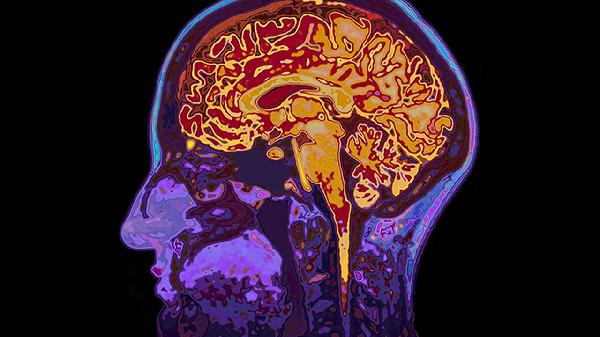Feeling nervous is a common psychological state that everyone experiences at some point, whether it's before giving a speech, driving a car, or going on a date. While a certain level of nervousness can be beneficial, chronic tension can have detrimental effects on both mental and physical health. This article explores effective strategies to manage frequent nervousness, the potential harms it can cause, and dietary recommendations to alleviate stress.
Managing Chronic Nervousness
1. Prepare Thoroughly for the Situation
Understanding the nature and details of the situation you’re facing can significantly reduce anxiety. Anticipating possible outcomes and being mentally prepared helps you remain calm and composed, enabling you to handle challenges more effectively.
2. Know Yourself
Recognize your personality traits and temperament. Whether you’re sanguine, phlegmatic, choleric, or melancholic, understanding your strengths and limitations can boost your confidence. This self-awareness allows you to approach situations with a clear mind, reducing unnecessary stress.
3. Maintain Physical and Mental Well-being
A healthy lifestyle is crucial for managing stress. Ensure adequate rest, avoid overexertion, and maintain a balanced diet. Overworking the brain can lead to fatigue, impairing cognitive functions and exacerbating nervousness. Prioritize relaxation techniques to keep your mind and body in harmony.
4. Stay Emotionally Balanced
When faced with sudden or significant events, it’s natural to experience physiological changes like increased heart rate or sweating. However, excessive anxiety can disrupt mental clarity. Moderate stress can be beneficial, as it enhances focus and energy. Practice mindfulness or deep breathing to maintain emotional stability.
The Harms of Chronic Nervousness
1. Increased Cardiovascular Strain
Prolonged stress activates the sympathetic nervous system, leading to elevated heart rate and blood pressure. Over time, this can contribute to heart disease and hypertension, which are prevalent in high-stress environments.
2. Impaired Liver Function
Stress triggers the release of stored glucose into the bloodstream, increasing the liver’s workload. This can impair liver function and disrupt metabolic processes.
3. Respiratory and Digestive Issues
Chronic stress is linked to conditions like asthma and peptic ulcers. Historical data, such as the rise in ulcer cases during World War II, highlights the direct connection between prolonged anxiety and physical health.
4. Weakened Immune System
Continuous stress depletes the body’s resources, making it more susceptible to illnesses. Additionally, stress can impair cognitive functions like reasoning and judgment, reducing overall productivity.
Dietary Recommendations to Combat Nervousness
1. Increase Vitamin C Intake
Vitamin C helps balance stress levels, as the body consumes more of it during periods of high tension. Incorporate fresh fruits and vegetables like tomatoes, oranges, and bell peppers into your diet.
2. Consume B Vitamins
B vitamins act as natural stress relievers by regulating hormones and calming the nervous system. Foods like whole grains, eggs, and leafy greens are excellent sources.
3. Add Calcium-Rich Foods
Calcium stabilizes the nervous system and reduces anxiety. Include dairy products, fortified plant-based milk, and leafy greens in your meals.
4. Incorporate Bananas
Bananas contain tryptophan, which helps produce serotonin, a mood-regulating neurotransmitter. Their high potassium content also supports muscle and nerve function, promoting relaxation.
5. Enjoy Black Tea
Studies suggest that black tea can lower stress hormone levels. A daily cup can help soothe nerves and improve overall well-being.
Conclusion
Chronic nervousness can take a toll on both mental and physical health, but with the right strategies, it can be managed effectively. By preparing thoroughly, understanding yourself, maintaining a healthy lifestyle, and incorporating stress-relieving foods into your diet, you can reduce anxiety and improve your quality of life. Remember, a balanced approach to stress management is key to long-term well-being.
























